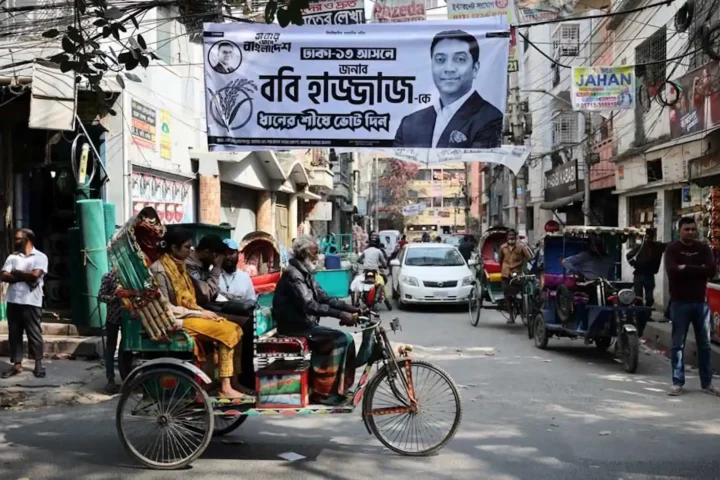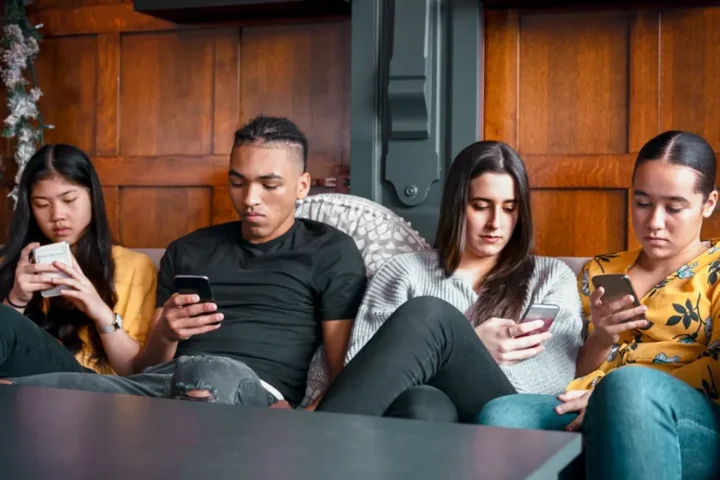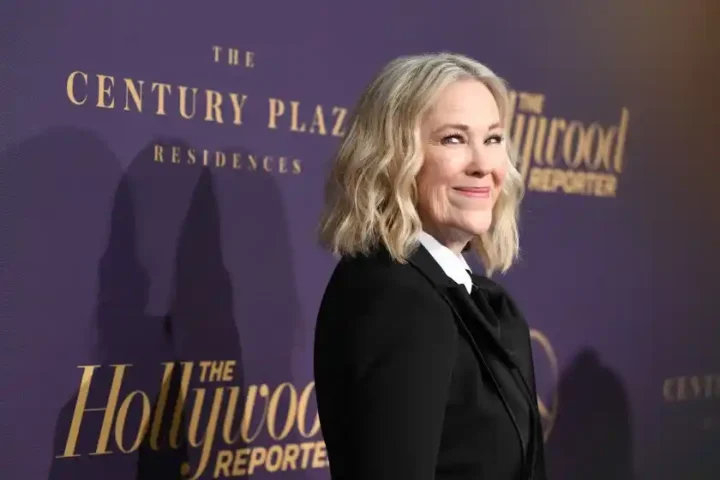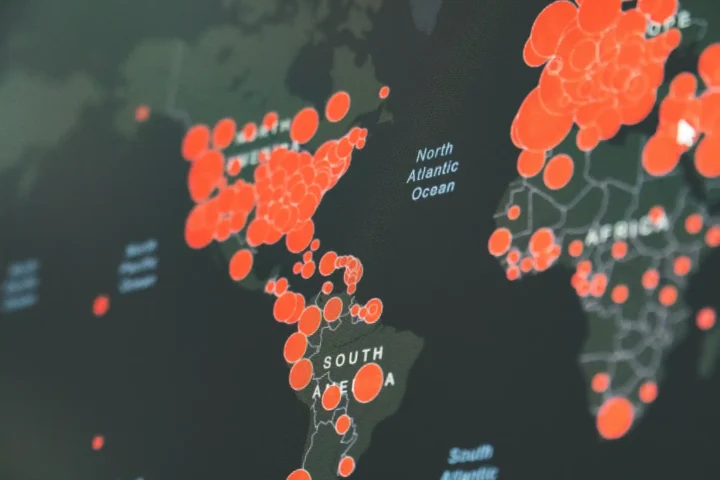NBC’s recent decision to allow Vice President Kamala Harris to appear on Saturday Night Live (SNL) just days before the 2024 election has triggered a controversy that cuts to the core of broadcast media’s role in a democracy. When FCC commissioner Brendan Carr and other critics lambasted NBC for potentially breaching the Equal Time rule, it wasn’t merely a critique of Harris’s appearance or SNL’s comedic leanings—it was a call to scrutinize whether broadcast networks are upholding their legal and ethical duties to provide balanced access to all presidential candidates.
The Equal Time rule, established in 1934, is a legacy of an era when broadcasters occupied a unique position of trust. With their government-granted licenses, broadcasters have a responsibility to operate in the public interest. The rule mandates that stations offer equivalent opportunities to political candidates—a safeguard designed to ensure that powerful media platforms do not skew the democratic process. However, the rule’s longevity doesn’t ensure its simplicity in practice, especially in an age where media and politics intersect in ever-evolving ways. Harris’s appearance on SNL is now a test case of whether traditional rules can still protect public trust in this era of infotainment and hyper-partisan media.
This is a clear and blatant effort to evade the FCC's Equal Time rule.
— Brendan Carr (@BrendanCarrFCC) November 3, 2024
The purpose of the rule is to avoid exactly this type of biased and partisan conduct – a licensed broadcaster using the public airwaves to exert its influence for one candidate on the eve of an election.… https://t.co/LliZF0po9t
Carr and others argue that Harris’s SNL appearance—alongside Senator Tim Kaine, another Democratic candidate—undermines the spirit of the Equal Time rule. By giving Harris a high-profile, nationally televised stage without offering the same opportunity to her competitors, critics allege NBC made an implicit endorsement. Carr’s point is straightforward: if NBC granted Harris screen time for free, then by law, other candidates should receive similar exposure on comparable platforms. Trump, for instance, was not invited, even though the reach and impact of an SNL appearance just before Election Day are undeniable.
Defenders of NBC might argue that SNL, a comedy show known for political satire, is hardly the forum where Americans go to make their voting decisions. But SNL’s cultural influence cannot be understated. For decades, its parodies and celebrity cameos have shaped public perceptions of politicians, from Gerald Ford to Donald Trump. So when Harris appeared for her 90-second cameo, she didn’t just offer a laugh—she participated in a long-standing media tradition that can reinforce public perceptions of a candidate. To viewers, her appearance was significant, even if brief, and its timing right before the election raises legitimate questions of fairness.

NBC’s response has been procedural: it filed an Equal Time notice with the FCC, acknowledging that Harris’s appearance opens the door for other candidates to seek comparable airtime. But as Carr pointed out, the week-long period usually offered under Equal Time may not apply here. The clock is ticking, and for candidates like Trump or Robert F. Kennedy Jr., the time frame could prove restrictive, raising concerns over the practicality of actually achieving “equal” exposure on such short notice. A legal filing may meet the letter of the law, but it risks undermining its spirit.
Critics of the Equal Time rule might contend that it is a relic, ill-suited for a media environment saturated with 24-hour news cycles, social media platforms, and countless streaming services. In an age where candidates can reach millions through digital channels, is a single SNL appearance really an election-altering advantage? But this argument misses the point: the rule exists to provide a baseline of fairness on the broadcast airwaves—still a uniquely influential medium that holds an outsized place in political culture. Allowing candidates like Harris privileged access to that space without genuine equivalence is not just a breach of the Equal Time rule but an erosion of public trust in broadcast neutrality.
The timing and nature of Harris’s appearance illustrate that the Equal Time rule, while vital, may require refinement for today’s media reality. As presidential campaigns increasingly involve candidates blending into popular culture, the distinction between “entertainment” and “politics” blurs. SNL’s skit with Senator Kaine as well points to this issue; Kaine, a candidate in a different race, appeared as part of an apparent political satire. NBC filed Equal Time notices for both Harris and Kaine’s appearances, acknowledging their political implications, but the question remains whether these measures suffice in practice to ensure fairness.
The outcome of this controversy may seem trivial in the short term—90 seconds on a late-night comedy show is unlikely to shift an election’s course on its own. But this instance underscores a larger issue: as media outlets expand their influence into entertainment and satire, their accountability to fairness becomes more critical. Harris’s SNL appearance may be fleeting, but its implications for media ethics, fairness, and the integrity of American elections will linger. If Equal Time is to retain relevance, it must evolve alongside the media it aims to regulate, ensuring that all candidates—regardless of their celebrity status or political affiliation—are afforded an equal chance to reach the public.
NBC’s response, though technically compliant, has exposed the limitations of current regulations. It’s a reminder that, in the digital age, the principles of fairness cannot rely on mere procedural gestures. Broadcasters, especially those with far-reaching influence like NBC, must be vigilant not only in complying with the law but in honoring its spirit—balancing access in a way that serves the public good, especially during the high stakes of a national election. As media and politics continue to intersect, the equal responsibility of all broadcasters is to respect the electorate by ensuring a fair, transparent, and balanced platform for every candidate.











